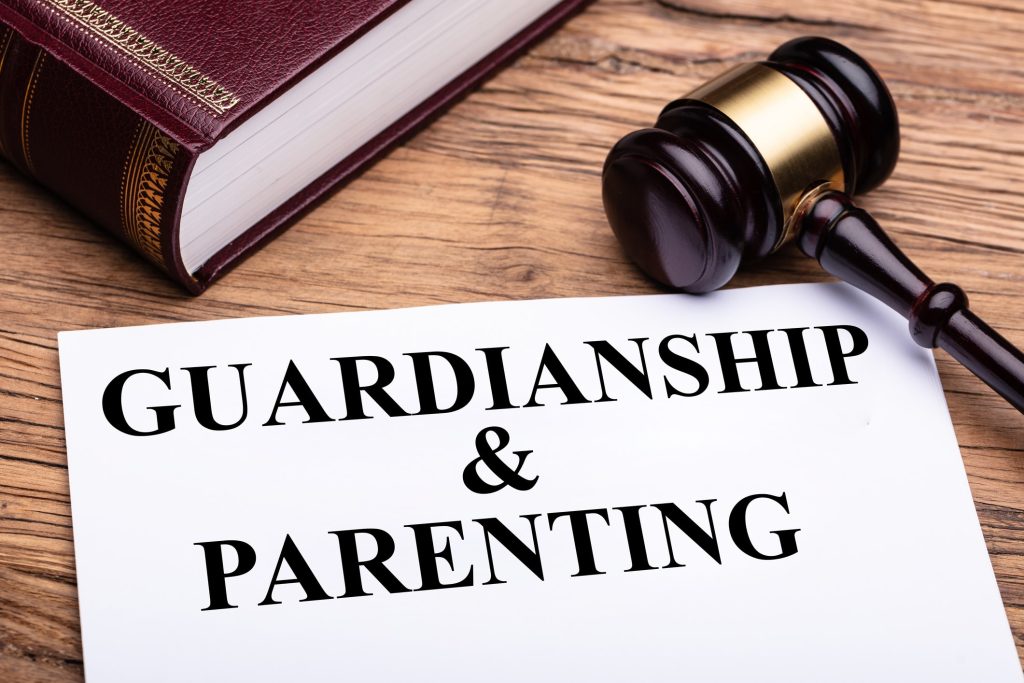OCTOBER 3, 2016 VOLUME 23 NUMBER 37
Sometimes a legal proceeding in another state can help illustrate the procedures in your own state — because they are different. A guardianship case in Georgia last week is a good example.
Melvin Peters (not his real name) is twenty-one years old, and he lives with his father in Georgia. Melvin has an autism diagnosis, which he first acquired when he was three. When Melvin was twelve, his mother was given custody in a North Carolina proceeding.
Every summer Melvin traveled to his father’s (and stepmother’s) home in Georgia for a long visit. That arrangement apparently worked well, until last summer. Melvin (then twenty) refused to return to North Carolina.
At the end of last summer, Melvin’s father filed a guardianship petition in Georgia. He alleged that Melvin needed a guardian appointed; though he could make some of his own decisions, his father insisted that he “needs ongoing guidance.” Melvin’s court-appointed attorney met with him, confirmed that he wanted to live with his father, and reported to the court that it would be in Melvin’s best interest to stay with his father in Georgia.
Melvin’s mother objected, and argued that the Georgia courts did not even have jurisdiction. She argued that he was really a resident of North Carolina, and any guardianship proceeding should be brought there.
The Georgia court disagreed, and proceeded to appoint Melvin’s father as his guardian. Melvin’s mother appealed, and the Georgia Court of Appeals upheld the order. Melvin will, according to the court, continue to live with his father in Georgia. Estate of Pond, September 27, 2016.
How would Melvin’s case be different in Arizona? In several ways.
First, Arizona has adopted the Uniform Adult Guardianship and Protective Proceedings Jurisdiction Act (the UAGPPJA). That law mandates that a guardianship not be brought in a state where the proposed ward has lived less than six months (except in limited circumstances, none of which look like they would apply in Melvin’s situation). Well, actually, Georgia has also adopted the law — but not until this Spring. It became effective in Georgia on July 1, 2016 — well after the ruling in Melvin’s case.
The UAGPPJA is intended to reduce or eliminate guardianship filings in states where the subjects of the proceedings are just visiting. More importantly, it is intended to keep family members from taking an incapacitated person back to their home state before filing court proceedings. It has been adopted in almost every state (Florida, Texas, Kansas, Wisconsin, and Michigan are holdouts).
Another difference: in Arizona, as of August of this year, any custody order for a minor child would create a presumption about the child’s best interests after they turned eighteen. If Melvin’s father lived in Arizona, that would mean that he would have to show why the earlier custody arrangement needed to be modified, and the court would look to Melvin’s mother as the presumptive guardian.
Of course, if Melvin’s father had filed a similar proceeding in Arizona a year ago, that new law would not have been in place. Still, prior custody orders are supposed to be attached to any guardianship petition, and the guardianship court would probably have wanted to know why the same arrangement should not be continued after the incapacitated child’s majority.
That raises another likely difference: Arizona’s preference for limited guardianship. Although it is hard to be certain from the court’s description of Melvin, it seems likely that he would be viewed as pretty much able to make his own personal decisions in Arizona. If a guardian was appointed, it might well be a “limited” guardian — meaning that Melvin would be able to make his own decisions about where he lived (and who he lived with), and maybe even about his own health care decisions.
In fact, Melvin sounds like he might be a good candidate for the emerging notion of “supported decision-making“, under which he might avoid the guardianship process altogether. Arizona has no formal supported decision-making statutes — yet. That might well change as the system slowly shifts toward more autonomy and dignity for subjects of guardianship and conservatorship proceedings.
Would Melvin’s story have played out the same way if he had spent the summer with his father in Arizona? Almost certainly. But then he would have been spending his summers in Arizona, and that does seem unlikely.



